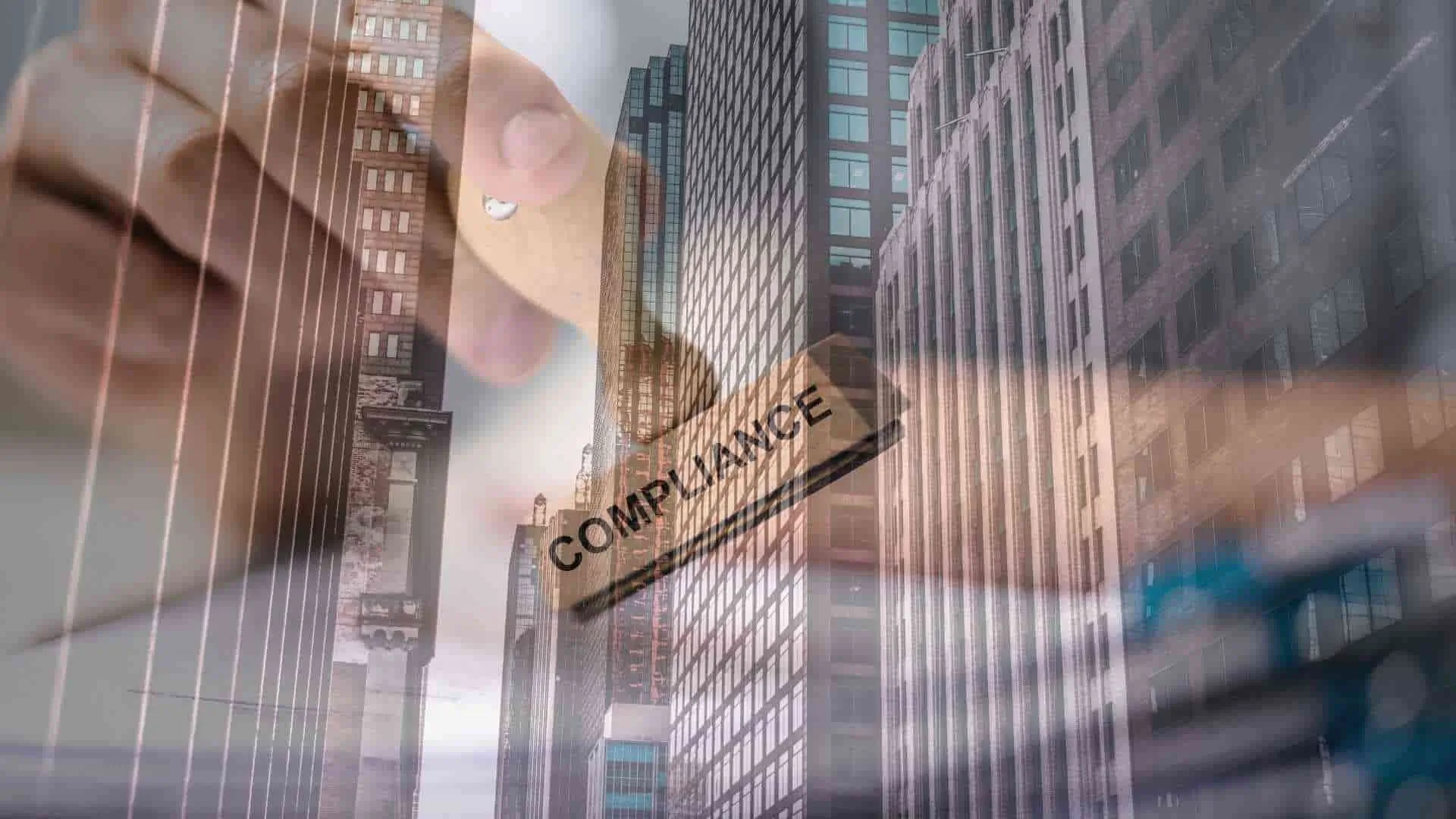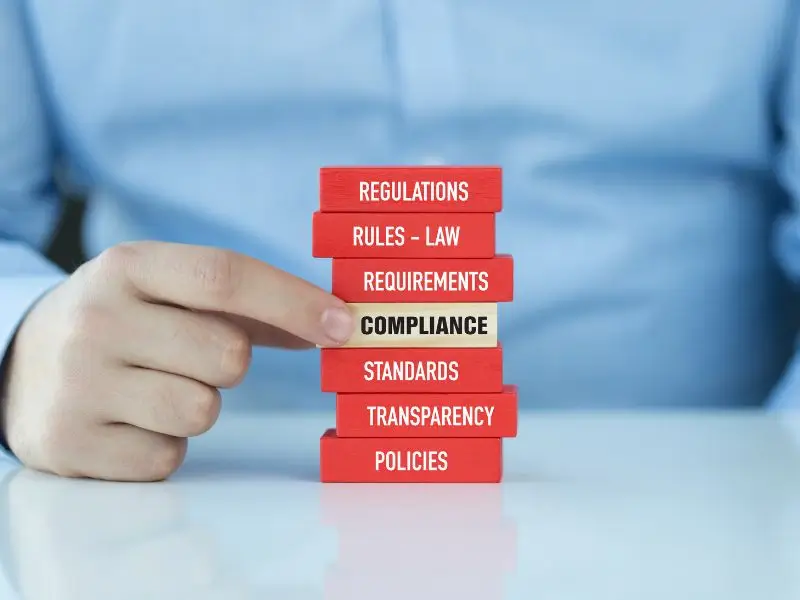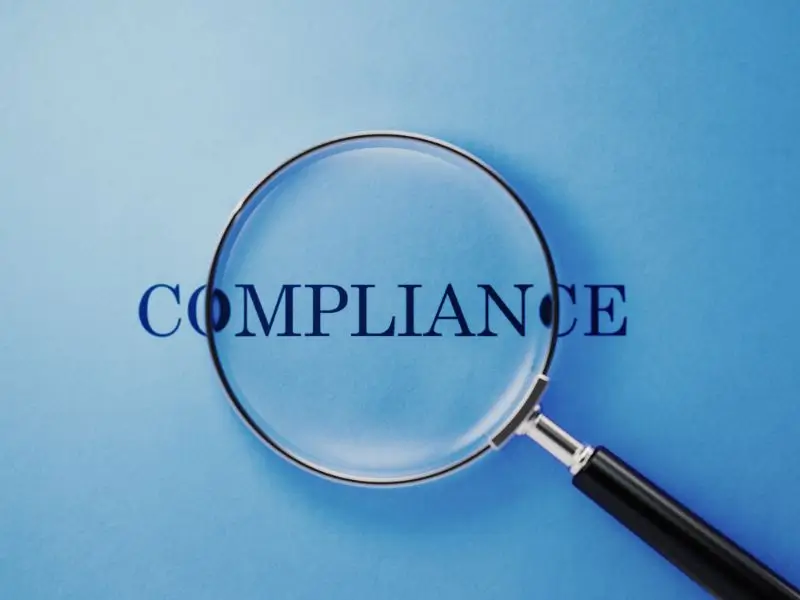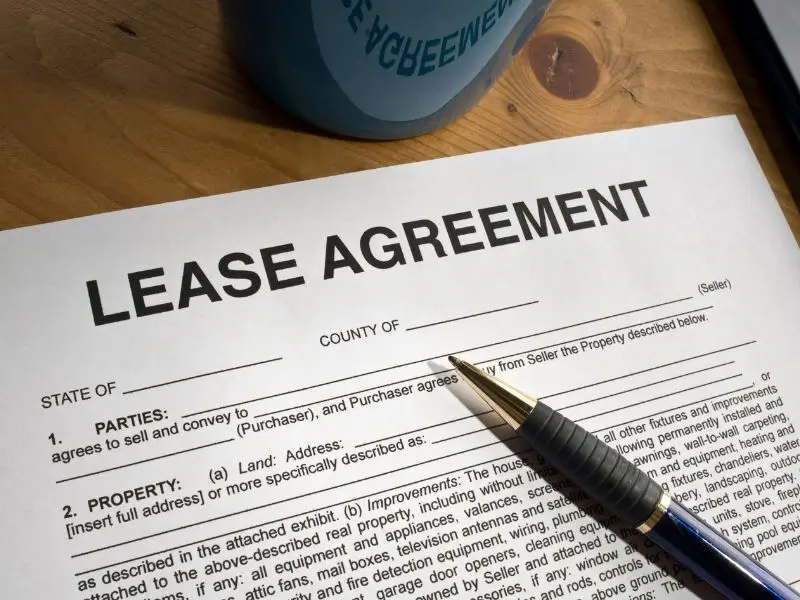
When it comes to rental laws, Dallas is not like other Texas cities. Landlords confront particular compliance hurdles that can surprise those who are not prepared, such as the Dallas multi-tenant inspection program and certain city rules that go beyond state requirements.
You run the danger of more than just state-level fines if you screen tenants in Dallas without knowing the local regulations. A complex compliance environment that requires care is created by the city's additional levels of regulation, which range from mandatory rental registration to particular temperature control norms.
This guide navigates Dallas's specific screening requirements, helping you build a process that satisfies both Texas state law and Dallas city ordinances while attracting quality tenants to your properties.

Dallas' extensive multi-tenant registration and inspection program makes it stand out. For the majority of rental houses in the city, this is a necessity, not an option.
What triggers registration requirements?
City inspectors will examine your home on a frequent basis over the three-year inspection cycle to make sure it complies with the minimum requirements. Not only can non-compliance result in fines, but it may also make it illegal for you to rent out your units.
Dallas City Code compliance adds layers beyond the Texas Property Code. While state law provides the framework, Dallas ordinances create additional obligations that directly impact screening and tenant relations.
Key Dallas-specific requirements include:
These aren't suggestions—they're enforceable standards that influence how you screen tenants and manage properties.

Like all Texas landlords, Dallas property owners must follow state screening laws:
However, Dallas gives these regulations a unique spin through local laws and enforcement procedures.
Screening criteria transparency in Dallas takes on additional importance given the city's active code enforcement. Your screening criteria must not only comply with state disclosure requirements but also align with Dallas's approach to fair housing enforcement.
Enhanced disclosure considerations:
Recent legislative trends emphasize application order compliance.
While not yet mandated in Dallas, best practices suggest:
This approach protects against discrimination claims and aligns with evolving fair housing enforcement.
Minimum property standards in Dallas go beyond basic habitability. The city mandates specific conditions that affect both screening and ongoing management.
Temperature Control Requirements: The AC temperature requirements Dallas ordinance requires:
This isn't just about comfort—it's a legal requirement that affects your screening conversations about utility responsibilities.
The security device requirements ordinance in Dallas specifies:
These requirements must be met before tenancy begins, influencing your turnover timeline and screening process.
Smoke detector compliance in Dallas involves:
Carbon monoxide detectors follow similar requirements, with placement depending on appliance types and building configuration.

The mandatory inspection program creates unique considerations for screening:
Pre-Screening Property Readiness:
Tenant Communication: Inform prospective tenants about:
Your property's registration status affects screening:

Dallas retaliation protections extend beyond state law.
The city takes seriously any actions that appear retaliatory, including:
Document legitimate business reasons for all decisions to defend against retaliation claims.
Local fair housing enforcement in Dallas involves multiple agencies:
This multi-layered enforcement increases scrutiny on screening practices, demanding meticulous compliance.
The implied warranty habitability Texas doctrine takes on special significance in Dallas, given the city's specific standards.
Your screening process must identify tenants who will:

Dallas justice court remedies provide tenants with accessible enforcement options.
Tenants can seek:
Understanding these remedies helps you screen for tenants who will communicate issues before pursuing legal action.
Confidentiality of tenant information requirements in Dallas mandate careful handling of:
Screening processes must include secure storage and limited access protocols to meet these requirements.
SB 1448 safety requirements create affirmative obligations to address conditions affecting tenant health and safety.
This influences screening by requiring landlords to:

The 30-day notice rent increase requirement for month-to-month tenancies affects screening discussions about:
Setting clear expectations during screening prevents later disputes about rental increase notices.
Dallas's alternative housing obligations kick in when properties fail to meet minimum standards.
This unique requirement means:
Dallas rental management laws create specific obligations for professional managers:
If using property management, ensure they understand Dallas-specific requirements beyond state law.
Successful screening in Dallas requires understanding how to work with:
Building these relationships helps resolve issues before they affect your screening and leasing.

Create screening criteria that address:
Maintain records beyond state requirements:
Inform applicants about:
Regularly review:
Connect with:
Modern screening platforms help manage Dallas's complex requirements:
Technology can monitor:
Digital systems provide:
Platforms facilitate:
Learn from frequent enforcement actions:
Stay ahead of evolving requirements:
Track Dallas City Council agendas for:
Create systems that can adapt to:
View compliance as an investment through:
Dallas's unique regulatory landscape demands more than generic screening solutions. Rent With Clara understands the complexity of Dallas housing discrimination ordinances and local requirements, providing screening that satisfies both state and city obligations.
Our platform delivers instant comprehensive reports configured for Dallas compliance. From automated notice generation to secure document storage meeting confidentiality requirements, we handle the details that matter in Dallas.
What makes us different? We stay current with Dallas ordinances, updating our system as requirements evolve. Our transparency features align with the city's fair housing enforcement approach, while our efficiency helps you meet tight timelines without sacrificing thoroughness.
Best of all, Rent With Clara remains completely free for landlords. No subscriptions, no setup fees—just compliant, efficient screening that protects your Dallas properties while respecting tenant rights.
Ready to simplify Dallas screening compliance?
Experience how Rent With Clara transforms complex local requirements into streamlined processes that fill your properties with qualified tenants who understand and appreciate professional management.